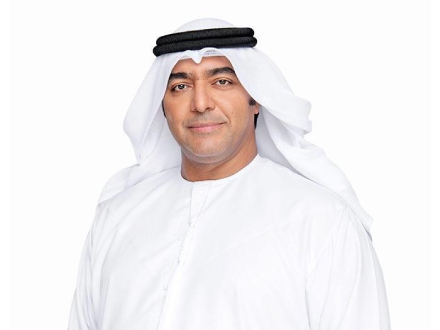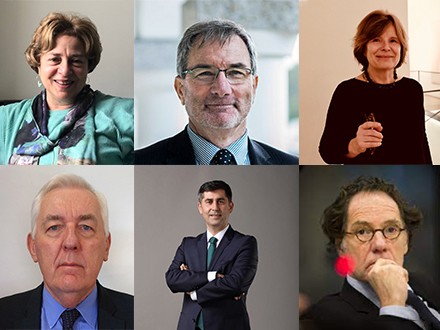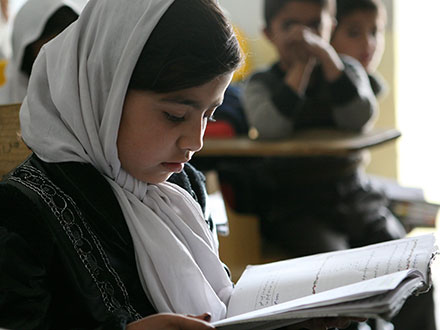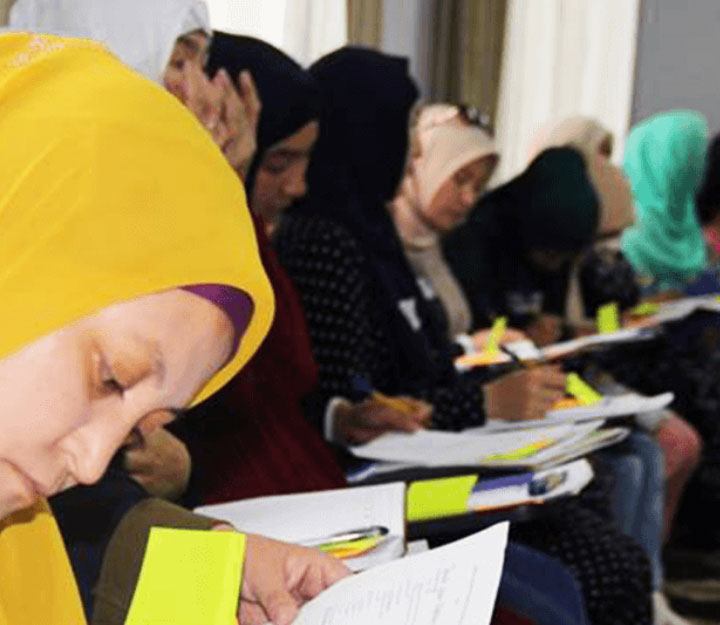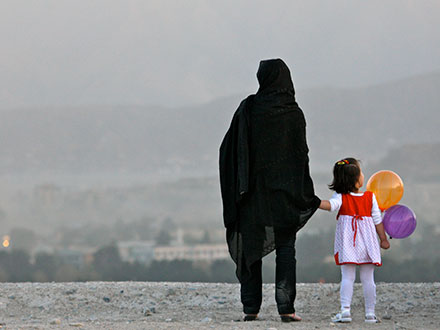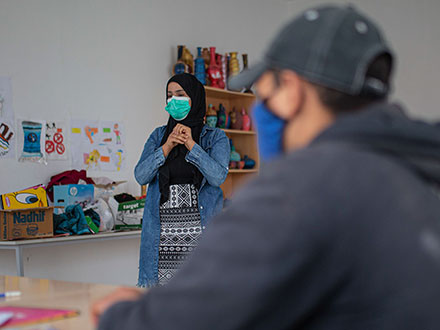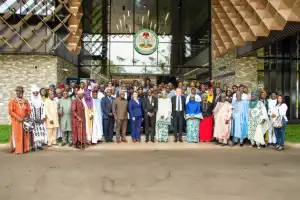European Union Pledges 300 Million Euros to Support Fight Against Terrorism, Violent Extremism in North East, North West in 2025.
EU Ambassador to Nigeria and West Africa, Mr. Gautier Mignot while disclosing this at the Pre-Review Workshop for the Policy Framework and National Action Plan for Preventing and Countering Violent Extremism at the National Counter Terrorism Centre noted that, “This package of projects covers challenges like quality education and skills development with a particular focus on girls and out-of-school children, access to reproductive and adolescent health, support to IDPs and the poorest and most vulnerable in communities affected by insecurity and climate change, by creating economic opportunities.
“Team Europe as we call ourselves, is launching projects worth 300M€ in grants for the NW and the NE, both regions most affected by extremism.
“Of course, also as part of this NE/NW package of projects, we will renew our support for the demilitarization, demobilization and reintegration of Boko Haram combatants (EUR 20 million) both through the Federal (1) and State (2) processes of Demobilization, Disassociation, Reintegration and Reconciliation (DDRR) in the North East particularly Borno, Adamawa and Yobe States.
“Moreover, two regional programmes will be launched, specifically on Preventing and Countering Violent Extremism (PCVE), and will cover –for the first program- North East Nigeria (Programme regional reinsertion et reintegration des ex- combatants et exassociés de Boko Haram, RAMPARTS, with an envelope of EUR 7,5 million for North East Nigeria) and, for the second program, North West Nigeria (Multidimensional Security and Stabilization Programme in West and Central Africa (SECSTA) with an undefined amount at this stage.
“In the Lake Chad Basin, in particular, in Nigeria and neighbouring countries, we are supporting the economic recovery, resilience and social cohesion of communities affected by conflict, as well as the development of the pastoral economy and the trans-boundary water management of the basin.
“We are convinced that these projects, though not directly focused at PCVE, will in fact provide a significant contribution to the PCVE efforts of the FG.
National Security Adviser, Mallam Nuhu Ribadu represented by Hajiya Idayat Hassan, Senior Special Assistant in his remarks said, “Since its inception in 2017, the National Action Plan for Preventing and Countering Violent Extremism has served as a critical framework guiding our national response. However, the fight against violent extremism is not static; it demands constant vigilance, continuous learning, and a proactive approach to address evolving threats.
“The need for this review is therefore clear. Extremist groups continue to evolve, adapting their tactics and exploiting new technologies and online platforms to spread their ideologies.
“To effectively counter these threats, our strategies must remain dynamic, proactive, and relevant.
“This review also presents an opportunity to critically assess past interventions, identifying successes and areas that require improvement to refine our approaches and incorporate best practices.
“Furthermore, it is essential to align our efforts with national security priorities and international obligations, ensuring that our strategies remain consistent with global standards and contribute to broader regional and international security objectives.
He expressed “satisfaction that the methodology adopted for this review is inclusive, transparent, and data-driven
“The broad spectrum of stakeholders engaged spanning government agencies, civil society organizations, academia, religious and community leaders, and international partners reflects our commitment to a whole-of-government and whole-of-society approach to preventing and countering violent extremism.
Ribadu urged that “this review must focus on key areas such as enhancing community resilience, countering online radicalization, and improving rehabilitation and reintegration programmes and Empowering communities to resist radicalization and addressing the root causes of extremism are critical.
“Similarly, given the increasing use of digital platforms by extremist groups, it is imperative to develop effective strategies to counter online radicalization, amplify counter-narratives, and enhance digital literacy.
“Rehabilitation and reintegration must also be approached comprehensively, providing former extremists with pathways back into society while addressing community concerns.
“Additionally, there is a need to improve inter-agency coordination to enhance intelligence sharing and operational effectiveness. A robust monitoring and evaluation framework will ensure accountability and track progress.
“Furthermore, mainstreaming strategic communication will help counter extremist propaganda and drive behavioral change through targeted messaging and media engagement.
National Coordinator, National Counter Terrorism Centre, Major General Adamu Laka in his remarks said, “This review is both timely and strategic, underscoring the need to adapt to the ever-changing landscape of extremism. The threats we face today differ from those of previous years, and they will undoubtedly continue to evolve. Therefore, our responses must remain dynamic, proactive, and effective in countering emerging challenges.
“As we critically assess the 2017 Policy Framework and National Action Plan, this workshop provides an opportunity to evaluate its effectiveness, identify strengths, and address any gaps. Your expertise, insights, and recommendations will be invaluable in ensuring that the revised framework is comprehensive, responsive, and reflective of current realities.
“We recognize that this fight cannot be waged in isolation; it requires the concerted efforts of government agencies, civil society organizations, academia, religious leaders, community representatives, and international partners.
“The presence of such a broad spectrum of participants today is a testament to our shared resolve, and I urge everyone to approach it with an open mind, a spirit of collaboration, and a firm commitment to strengthening our national resilience.
He appreciated the National Security Adviser, Mallam Nuhu Ribadu, whose foresight and strategic leadership have been instrumental in driving national efforts to combat violent extremism.
Present at the occasion were international partners, particularly Ms Anna Sherburn, Deputy Executive Director of Hedayah International, as well as Heads of Ministries, Departments, and Agencies, State Governments, International Non-Governmental Organizations, and Civil Society Organizations for their invaluable contributions to this process.

